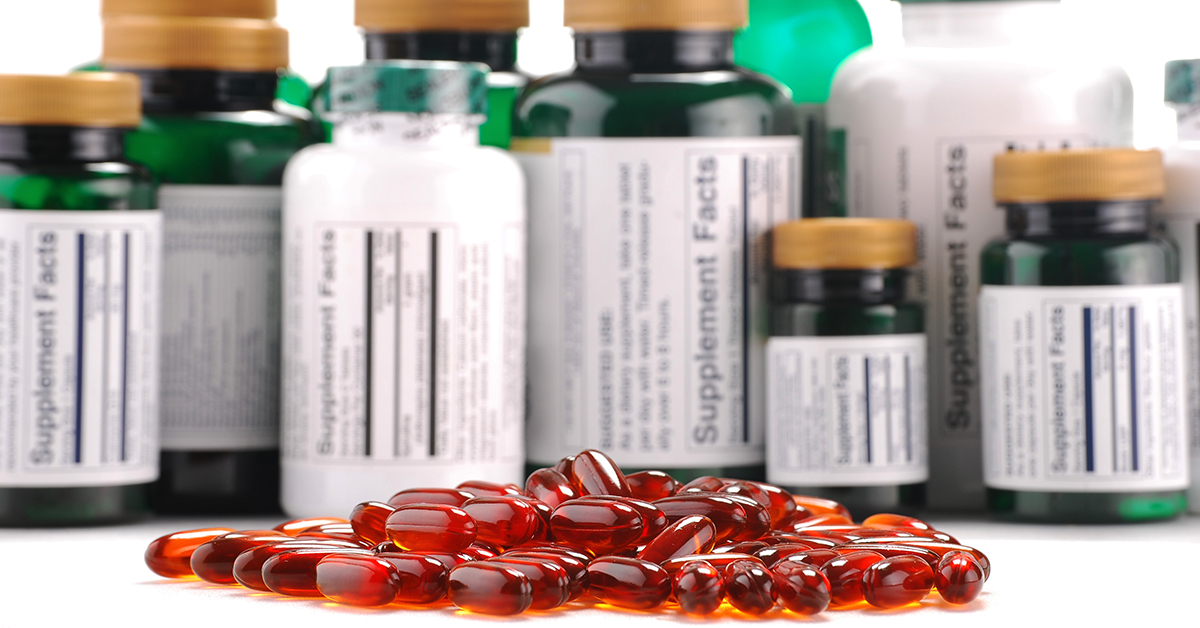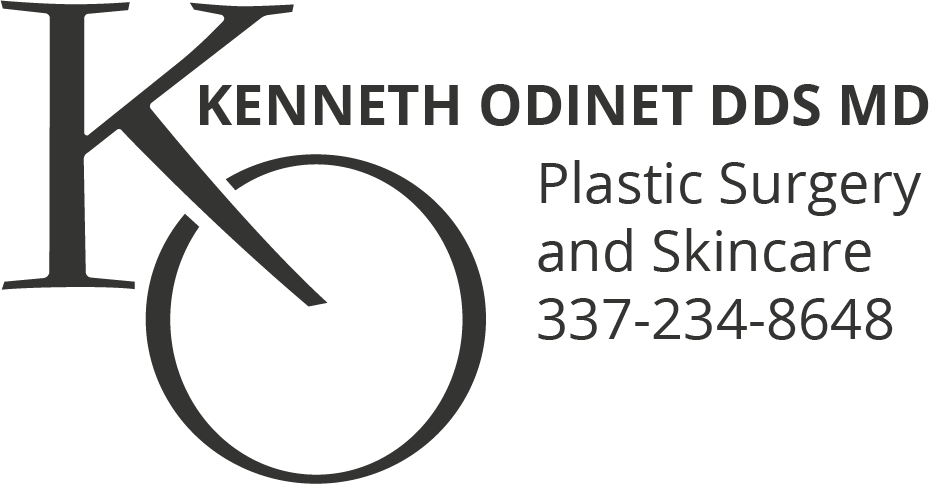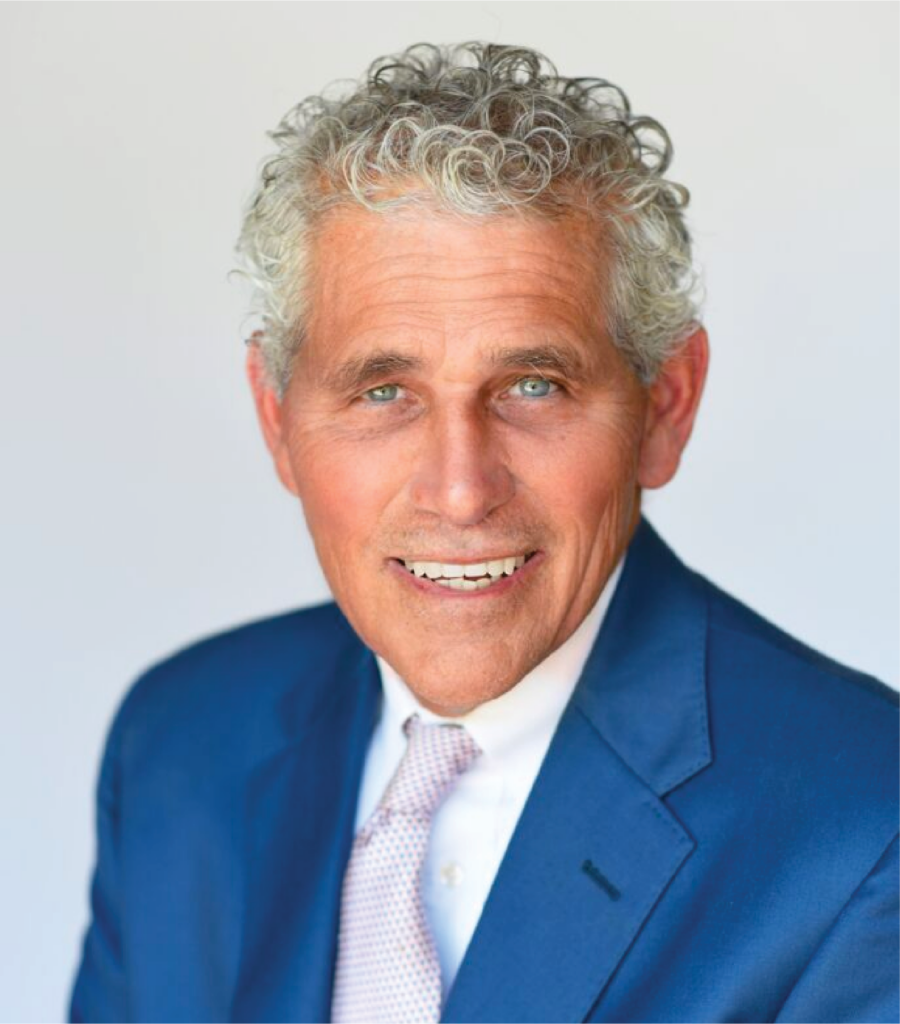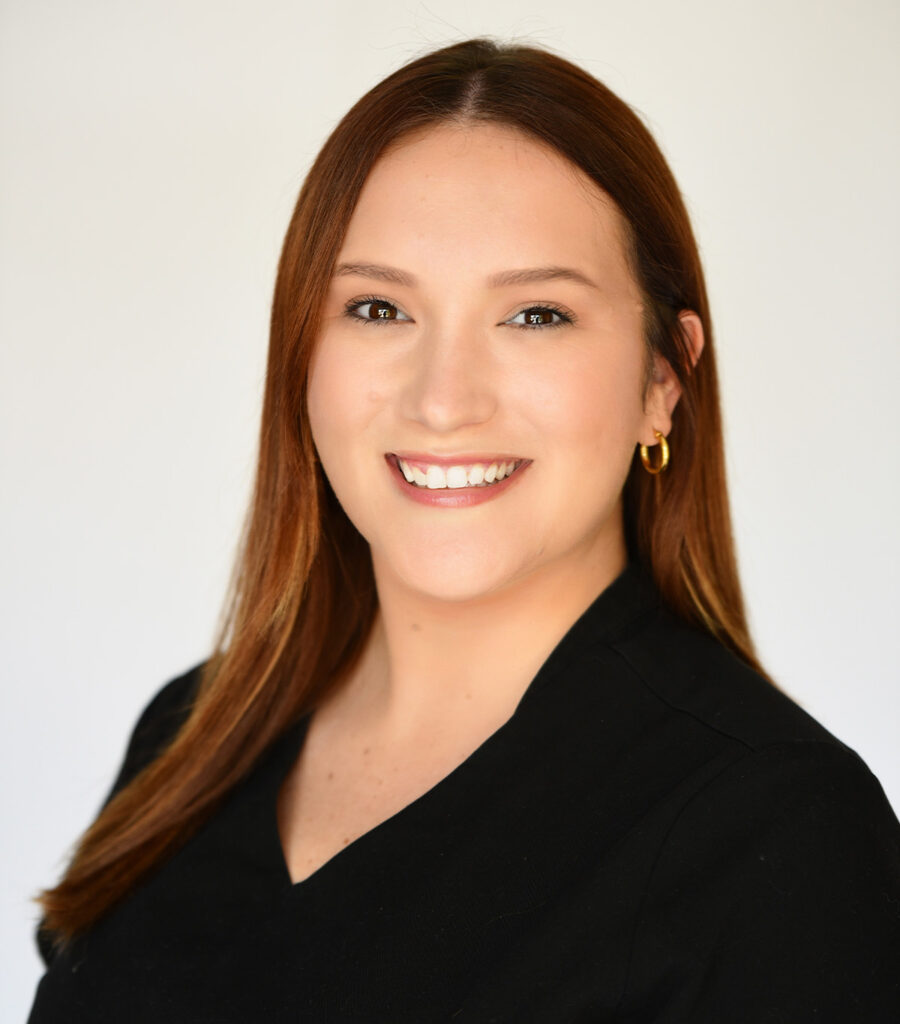
Herbal & Dietary Supplements: A Problem for Patients and Plastic Surgeons
Over 60% of Americans consume herbal supplements, teas, and dietary supplements to fortify their health. Just because supplements are marketed as “Natural” or “Organic” does not mean they are safe especially for the surgical patient. Because many of these supplements are not regulated by the Food & Drug Administration, their accessibility and misleading labels often lead surgical patients to innocently continue use through the elective surgery process. It is important that patients disclose whether they use natural or organic supplements to their doctor. Surgical patients must be especially aware the supplement’s side effects which can include an increased risks of bleeding complications, drug interactions, and tissue loss resulting from hematomas. Below, I have complied a list of the “natural supplements” I recommend patients adjust prior to surgery in order to avoid adverse complications.
Fish Oils
While fish oils has been shown to improve memory and to prevent heart disease their natural anticoagulants and blood thinning affect prevent blood clotting. Studies have however shown that fish oils can increases bleeding at suture site which can result in post-operative hematomas. Depending on the patient and surgical procedure, I recommend avoiding fish oils at least 2 weeks prior to surgery.
Vitamin E
While Vitamin E has historically proven beneficial to hinder the progression of cardiovascular disease and aging through its anti-oxidant characteristics, it has been proven to affect the Vitamin K metabolism of surgical patients which can lead to an increase in bleeding causing complications and or delays in surgery recovery. Depending on the patient and the surgical procedure, I not only recommend discontinuing Vitamin E two to three weeks prior to surgery, but also not resume until two weeks post surgery.
Herbal Teas
While a nice cup of herbal tea can be soothing to the soul, teas containing Tonka bean, Meilillo, and Sweet Woodruff have also been identified as contributing to blood thinning affect which can be problematic for the surgical patients recovery. I generally recommend that preoperative patients stop consuming teas containing theses designated herbs at least two weeks prior to surgery.
Ginko
Because Ginko is know to improve blood circulation by dilating the blood vessels and reducing the “stickiness” of platelets, it is commonly used by patients whose lowered blood flow causes poor memory, dementia, depression, and peripheral nerve pain. Unfortunately, Ginko has been known to adversely affect the surgical patient because the terpenoids found in Ginko affects the platelets and can cause spontaneous bleeding, along with nausea and vomiting. I generally recommend patients avoid Ginko one week prior to surgery.
Oil of Wintergreen
While Oil of Wintergreen is typically used as a “counterirritant” topical treatment to relieve muscular and rheumatic pain, it has also been used by patients to treat cellulite. When oil of wintergreen has been topically used for a prolonged period of time it has been shown to inhibit the patient’s platelet function which could cause complications and significant bleeding leading to adverse affects for a patients smooth recovery. I generally recommend patients avoid use of wintergreen oil two weeks prior to surgery.
Garlic
Garlic is a generally used by patients to treat atherosclerosis heart disease and hypertension. Garlic supplements irreversibly affects the platelet function which may lead to post-operative hematomas as well as cause nausea and headaches. I generally request my patients to stop stop using garlic 2 weeks prior to surgery.
Bromelain
Bromelain is an extract from pineapple used to treat arthritis and autoimmune disease. It has anti-inflammatory properties and is often used to treat swelling after surgery. Because it can affect platelet function and increase bleeding, it should not be taken prior to surgery (unless instructed by your physician for very specific reasons).
Recommended Post Operative Supplements
Just as some supplements may be contra-indicated for the surgical patients, I do believe that some supplements can aid in the healing process after surgery. I generally prescribe the Vitamedica Recovery support kit. These supplements are physician formulated with high quality nutraceuticals targeted to support the body’s natural healing process. The supplements contained in the recovery support kit not only support new cell growth, tissue growth and repair, but also contains antioxidants to deactivate free-radicals while supporting energy levels in the day and promoting rest in the evening. This regimen exclude Vitamin E and other herbal supplements that could have a negative impact on the patients recovery. For best results, I usually recommend patients also use Homeopathic Arnica Montana which is a natural remedy that reduces bruising, swelling and pain associated with soft tissue injury.
While this is by no means a complete list of herbal and dietary supplements, these are just a few of the most frequently consumed by the general public. If you are considering plastic surgery, it is imperative that you discuss any medication or supplements that you take with your physician.
References:
- https://www.mayoclinic.org/drugs-supplements-ginkgo/art-20362032
- https://www.reliasmedia.com/articles/69101-herbs-and-anesthesia
- https://www.webmd.com/vitamins/ai/ingredientmono-783/wintergreen
- https://www.drugs.com/npp/wintergreen.html
- https://www.urmc.rochester.edu/encyclopedia/content.aspx?contenttypeid=1&contentid=4538







